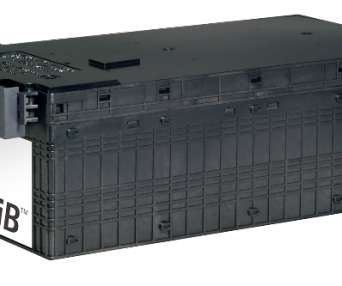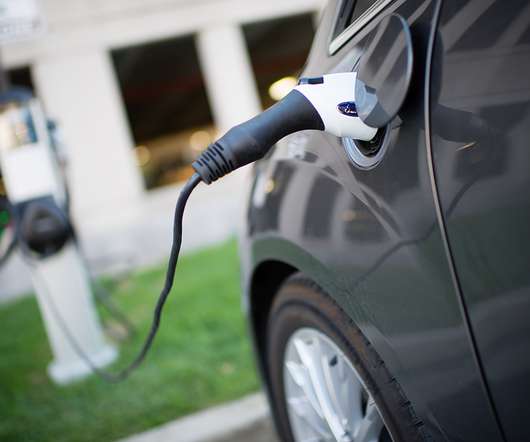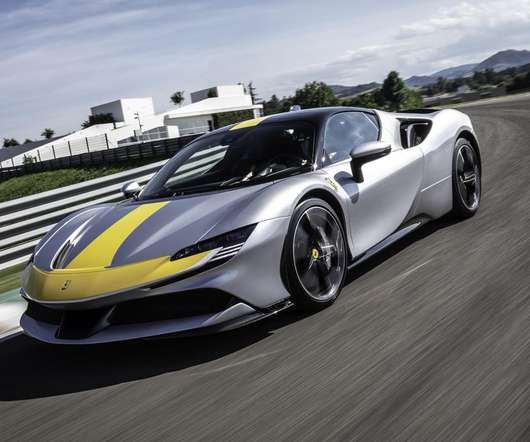Toshiba’s SCiB Li-ion battery system Japan’s first recognized compliant with ClassNK guidline for marine vessels
Green Car Congress
APRIL 4, 2020
The certification covers twelve storage battery system components, including SCiB lithium-ion rechargeable battery modules, current sensors, and the battery management unit (BMU) which monitors the voltage, temperature, and current of the battery module. Storage battery system component configuration.


























Let's personalize your content